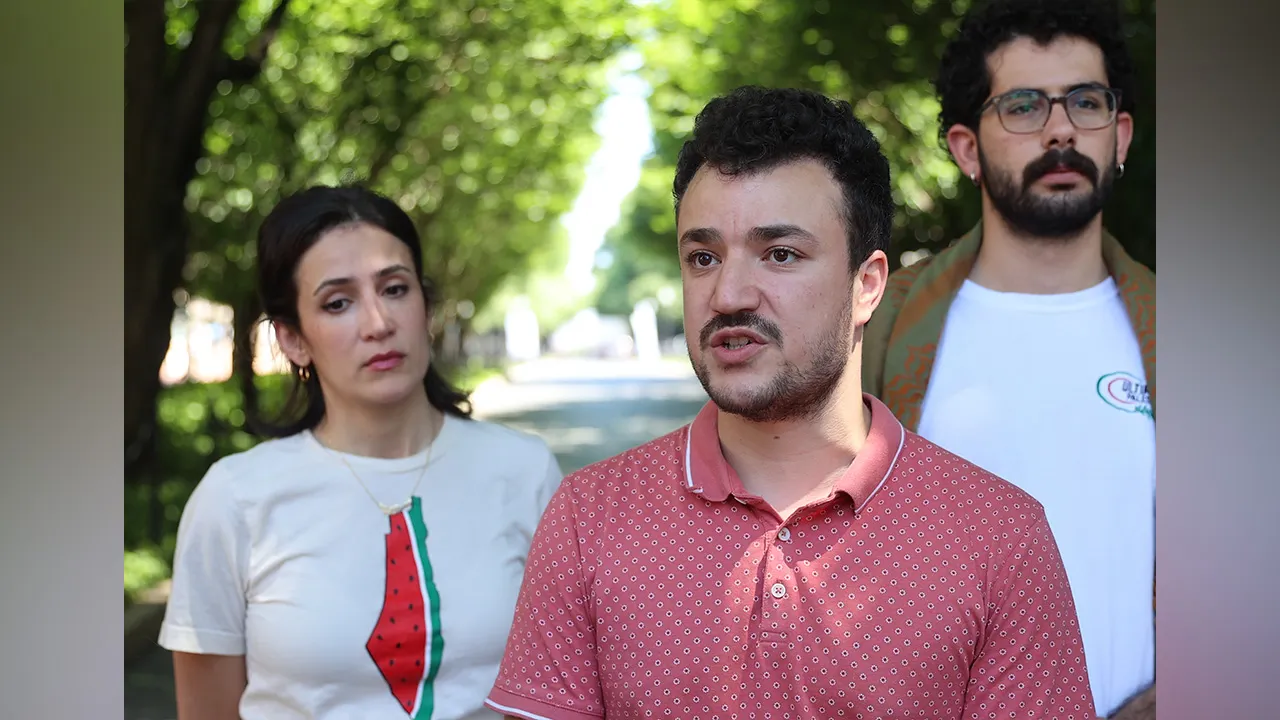Detained anti-Israel protester Columbia student Mahmoud Khalil’s attorneys criticize government’s case

Attorneys representing Mahmoud Khalil, an anti-Israel protester facing deportation, have criticized a two-page letter from Secretary of State Marco Rubio, labeling the allegations against their client as weak. The letter, filed in an immigration court and made public on Thursday, asserted that the Trump administration has the power to remove noncitizens whose presence in the U.S. harms the country’s foreign policy interests.
According to the memo, Khalil, a lawful permanent U.S. resident and graduate student at Columbia University, allegedly engaged in “antisemitic protests and disruptive activities” while acting as a spokesperson for anti-Israel demonstrators during large gatherings. The letter argued that Khalil’s continued presence in the country could have negative foreign policy implications and undermine important U.S. interests.
In response to the allegations, Khalil’s legal team, including attorneys Marc Van Der Hout and Johnny Sinodis, held a virtual press conference on Thursday. Van Der Hout expressed disbelief at the brevity of the government’s case, stating, “Two pages, that’s it. Yet this administration wants to silence Mahmoud, wants to silence people speaking out against the government of Israel or the government of the United States.” The lawyers also accused the Trump administration of deliberately choosing a favorable court to argue Khalil’s case.
The Trump administration’s efforts to deport Khalil stem from his involvement in protests at Columbia University last year. A federal judge, Jamee Comans, is set to rule on Khalil’s deportation on Friday. Sinodis emphasized the significance of the case, stating, “Whether the government can act in violation of the Constitution to deport someone is front and center, and our position is that it cannot.”
Critics, including Baher Azmy, the legal director of the Center for Constitutional Rights, have accused the government of manipulating the legal system to secure a favorable outcome. Azmy highlighted the administration’s attempt to steer Khalil’s case to an immigration court, where executive judgments are typically given more weight without thorough analysis or evidence.
Khalil, who was detained by Immigration and Customs Enforcement officials on March 8, has been vocal about what he perceives as racial bias in his arrest. Following his detention, Rubio revoked Khalil’s green card, leading to his transfer to Louisiana. Khalil has condemned his arrest as a manifestation of “anti-Palestinian racism.”
As the legal battle continues, the outcome of Khalil’s case could have broader implications for the rights of noncitizens involved in political activism. The attorneys representing Khalil are working to ensure that his rights are upheld and that justice is served in the face of what they perceive as government overreach.
The controversy surrounding Khalil’s deportation highlights the complex intersection of immigration, free speech, and foreign policy considerations. As the legal proceedings unfold, the case will serve as a litmus test for the protection of dissenting voices in the U.S. and the boundaries of government authority in matters of national interest.




